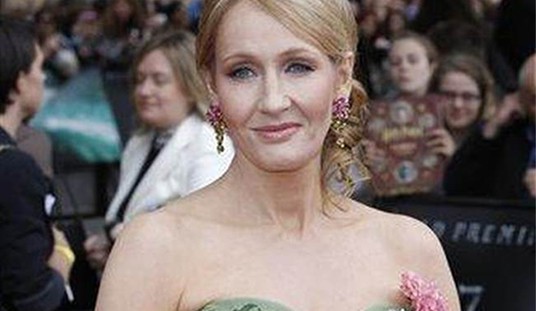WASHINGTON – Facebook co-founder Chris Hughes favors a government-provided monthly “guaranteed income” of $500 for individuals making less than $50,000, which would be paid for by a 50 percent tax on income above $250,000 with “no strings attached.”
Hughes supports expanding the “definition of work” that would be required to qualify for the monthly benefit to include a parent who takes care of their own child at home and other similar kinds of unpaid work. He said the monthly income should be treated like a tax credit.
“If you make less than $50,000 and you’re working, the big expanded definition of work, which hopefully we can talk about, then you should get $500 per month, no strings attached, full-stop, administered in the same way it’s administered today. Importantly, because it’s a tax credit, just as it does today, it doesn’t throw you off of other important safety-net benefits,” Hughes said during a New America discussion, “Fair Shot Big Ideas for an Equitable Economy,” on Tuesday.
“A really key point that I emphasize in what I’m putting out there is this is complementary to the existing safety net of benefits so the pay-for, which is what everyone always asks about, is bringing taxes back into their historical line, taxes on the 1 percent, in particular, back into their historical line at 50 percent on income above $250,000 and closing the big loopholes: the Buffett Rule,” he added.
Hughes said the U.S. government might need to establish “universal basic income” in the future – perhaps in 2030 or 2040 – but a guaranteed monthly income would work well for the “here and now” as a way to combat income inequality.
Hughes, author of Fair Shot: Rethinking Inequality and How We Earn, said work requirements are currently being used to throw people off of government benefits such as welfare, so his guaranteed-income proposal would treat work differently.
“Parents taking care of their own children at home, right now, we say no, no, if you are working at home with a 3-year-old and a 5-year-old, that’s not real. You’ve got to go get a minimum-wage job at Burger King to count,” said Hughes, whose estimated net worth is $935 million.
“We need to expand the definition of work. I’m not at all interested in work requirements; I mean, I have a whole chapter in the book that goes into how I believe work requirements have historically been, and right now, are being very cynically used to throw people off of government benefits by playing into these narratives,” he added.
Hughes argued that it’s a “myth” that there are many people on government benefits who do not want to work during the day.
“People want to be a purpose. People want to work in some way,” he said. “They want the purpose that a good job used to bring and right now jobs, unfortunately, are not providing that too much of the time.”
Hughes said he has discussed universal basic income and guaranteed income with people at various events who do not understand why the government should give them money each month for nothing.
“Generally, it was hard to find a conceptual frame for it, and instead when we had the same conversation with people and said, ‘well, if you are taking care of your community, your family or you’re participating in your community,’ what we would hear back is, ‘well, yeah, then our community and our government should take care of us.’ The sort of symbiotic sort of relationship, as long as you’re working in some way we believe you certainly should not live in poverty and have a fair shot at the American dream,” he said.
Even though a lot of students already receive financial help from their parents, Hughes said a monthly income from the government, instead, would “level the playing field” and give every student the “freedom” to pursue their passion.
“They don’t have to do work study. They get to spend all their time studying or coding on the side and pursuing their passions, and I do think that is oftentimes how institutional and structural problems, to be specific, classism and racism, get passed on down,” Hughes said.
“And a kind of guaranteed income that says to students that when you’re in school, you’re working, you should be able to focus on your studies, recognizes that and levels the playing field a little bit more so that more people have a bit more freedom to figure out what they want to do,” he added.
Hughes, a Democrat, stressed that there are “a lot” of issues that guaranteed income would not solve such as the increasing cost of housing, healthcare and childcare in the United States.
Aisha Nyandoro, CEO of Springboard to Opportunities, encouraged critics to remember that no one would be getting rich off of $500 per month. Nyandoro said she prefers $1,000 per month as guaranteed income.
“People aren’t going to drop out of the workforce,” she said during the discussion. “That small amount of money will give them access to the workforce. It will allow you to pay for transportation in some of these rural communities where transportation doesn’t exist. You can get a car. You can go back to school because your Pell grant will pay for you to go to school, but it will not pay for your books or your uniforms or any of that. It will allow you to have childcare.”









Join the conversation as a VIP Member